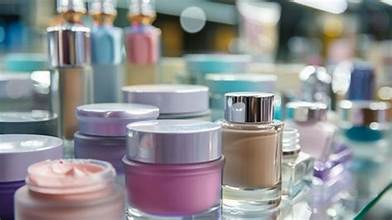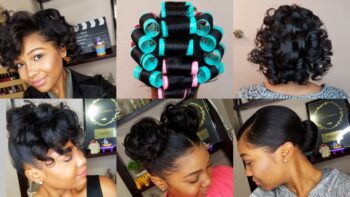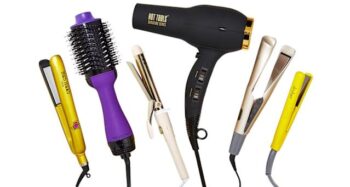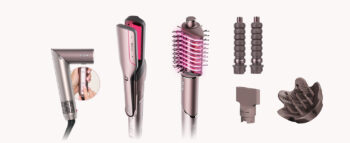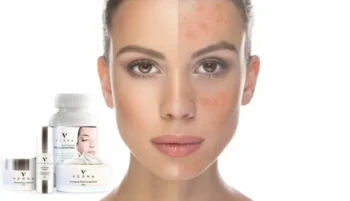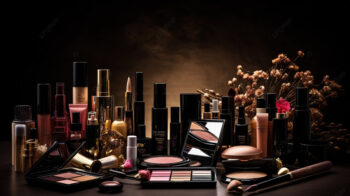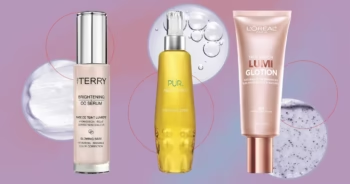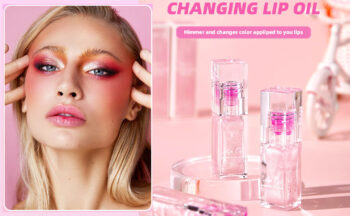L’Oréal (France)
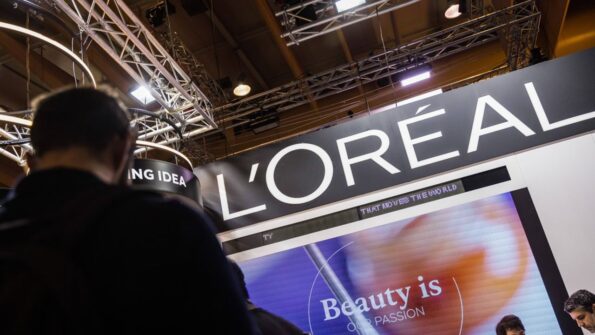
L’Oréal S.A., headquartered in Clichy, Hauts‑de‑Seine, France, is the world’s largest cosmetics company, reporting €43.48 billion in sales for 2024, an increase of +5.1% year‑on‑year . Its product portfolio is segmented into four key pillars: Consumer Products, Luxe, Dermatological Beauty, and Professional Products, with the Luxe and Dermatological Beauty divisions each contributing over 22% operating margin . Brands under its umbrella include globally recognized names such as L’Oréal Paris, Maybelline, Lancôme, Kiehl’s, Garnier, La Roche‑Posay, CeraVe, NYX, and Aesop . Despite headwinds from a sluggish Chinese market and softer growth in North America, L’Oréal maintained resilience and outperformed the broader beauty industry in 2024 . Under the leadership of CEO Nicolas Hieronimus (in office since May 2021), the company is driving innovation through beauty tech, personalization, and strengthened ESG initiatives, while reporting 97% of its energy usage from renewable sources . With a global presence across 36 production sites and nearly 94,400 employees, L’Oréal continues to shape the future of beauty at the intersection of science, sustainability, and digital innovation .
Estée Lauder Companies (USA)
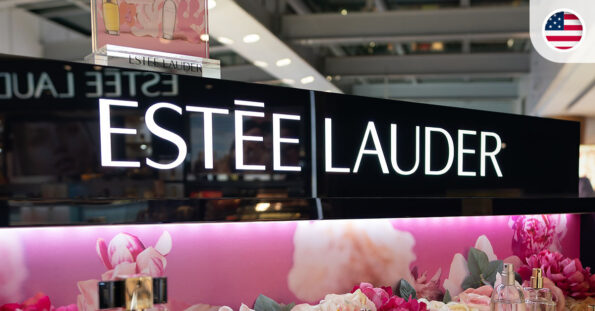
The Estée Lauder Companies Inc., headquartered in New York City, is the second-largest global beauty company, headquartered in the iconic General Motors Building. Founded in 1946 by Estée and Joseph Lauder, the company owns a diverse range of more than 30 prestige brands—including Estée Lauder, Clinique, MAC, La Mer, Bobbi Brown, Jo Malone, Aveda, Too Faced, Tom Ford Beauty, and The Ordinary—distributed across approximately 150 countries . For fiscal year ended June 30, 2024, it generated total revenue of $15.61 billion, down 2% year-over-year, with operating income of about $970 million (margin ~6.2%) and net income of around $390 million (net margin ~2.5%) . In response to continued softness in China and travel retail, the company initiated a restructuring plan—cutting 5,800–7,000 jobs and consolidating operations—with expected annual cost savings of $800–1,000 million before tax . As of January 1, 2025, Stéphane de La Faverie succeeded Fabrizio Freda as CEO, while William P. Lauder transitioned to non-executive Chairman, emphasizing innovation, fragrance growth, and transformation via his broad oversight of brands including Jo Malone, Le Labo, and Deciem’s lineup.
Unilever (UK/Netherlands)
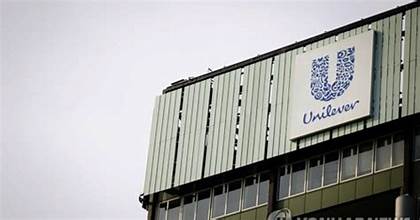
Unilever, a multinational giant headquartered in the UK and the Netherlands, is one of the world’s leading consumer goods companies, with a strong presence in the beauty and personal care industry. Founded in 1929, Unilever operates in over 190 countries and owns a wide range of iconic brands including Dove, Sunsilk, Vaseline, Pond’s, and TRESemmé. Its Beauty & Wellbeing division, which includes both mass-market and prestige brands like Dermalogica, Tatcha, and Hourglass, generated over €13.2 billion in revenue in 2024, accounting for a significant share of the group’s total sales. Known for combining global scale with purpose-led innovation, Unilever has made strong strides in sustainability, digital commerce, and premium beauty, positioning itself as a key player in both everyday skincare and luxury cosmetics. With ongoing transformation efforts and a focus on high-growth segments, Unilever continues to shape the future of the global beauty industry.
Procter & Gamble (P&G) (USA)
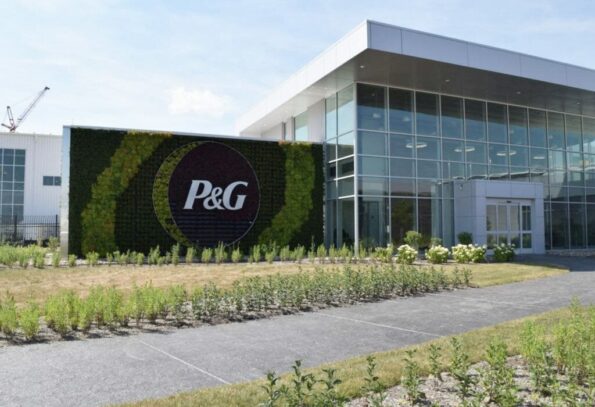
The Procter & Gamble Company (P&G), based in Cincinnati, Ohio, stands as a global consumer goods powerhouse, with its Beauty division accounting for approximately 18% of total net sales ($15.22 billion in fiscal year 2024) and contributing similarly to net earnings . The Beauty segment includes both hair care—headlined by brands like Head & Shoulders, Pantene, Herbal Essences and Rejoice—and skin & personal care, featuring Olay, SK‑II, Old Spice, Safeguard, Secret, and Native . In 2024, segment net sales were essentially flat (+1% year-over-year), with organic growth (+3%) offset by unfavorable FX and lower demand for premium SK‑II in Greater China, which also weighed on earnings with a 7% decline to about $3.0 billion and compressed margin to ~19.5% . P&G retains strong market leadership in global hair care (~20% share), while Olay ranks among the top facial skincare brands (~5% global share) . The company is pivoting strategic focus to innovation—such as whole-body deodorants under Old Spice, Secret, and Native—and to digital engagement to offset regional weakness, particularly in China, where influencer partnerships and e‑commerce.
Shiseido (Japan)
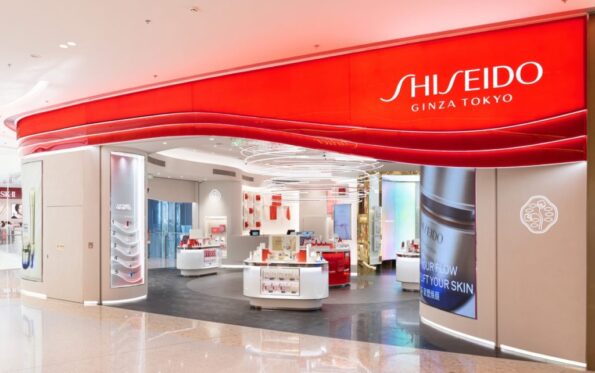
Shiseido Company, Limited, founded in Tokyo in 1872, is Japan’s largest—and among the world’s top five—cosmetics companies with a strong focus on skincare, makeup, hair care, fragrance, and wellness brands such as Clé de Peau Beauté, NARS, Drunk Elephant, Gallinée, and Ulé.In fiscal year 2024, Shiseido posted global sales of ¥990.5 billion (~USD 6.5 billion)—a modest 1.8% increase year‑on‑year—while suffering a net loss of ¥10.8 billion (~USD 71 million) mainly due to a significant downturn in its key market of China, where sales declined 4.6% on a like‑for‑like basis . Operating profit dropped sharply to around ¥7.6 billion (~USD 50 million), down from ¥28 billion in the previous year
Operationally, Shiseido has embraced its “SHIFT 2025 and Beyond” strategy, now executing Action Plan 2025–2026, which prioritizes rebuilding profitability, reinforcing brands, and improving financial governance amid volatile market conditions . This follows earlier strategy WIN 2023, through which Shiseido streamlined its brand portfolio with divestitures (e.g. selling Laura Mercier, BareMinerals), sharpened focus on high-margin skincare, and expanded digital transformation and e-commerce platforms—including partnerships with Tencent and internal digital centers—resulting in nearly 30–35% of sales from e-commerce by 2022.Shiseido aims to re-emerge as the global “Skin Beauty & Personal Wellness Company”, targeting sustainability and innovation with brands like Clé de Peau Beauté, Dr Dennis Gross, Gallinée, and the ingestible wellness line Inryu in Asia . Despite near-term challenges—particularly in China—Shiseido remains committed to profitable growth through brand consolidation, agile execution, and deeper investment in R&D, sustainability, and employee empowerment.

